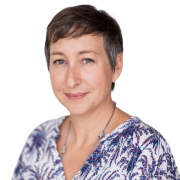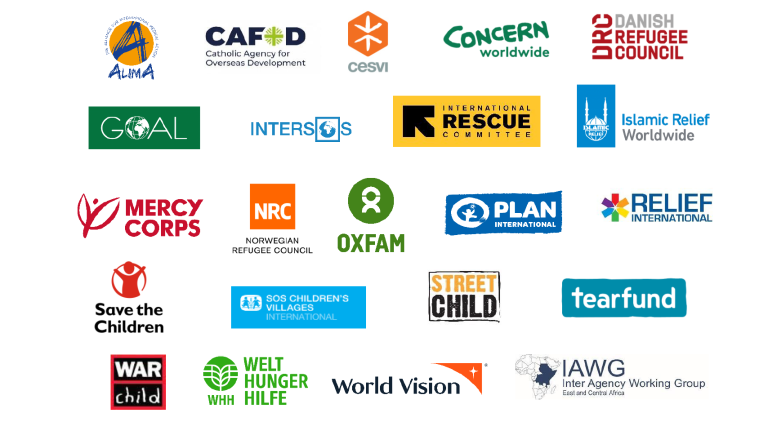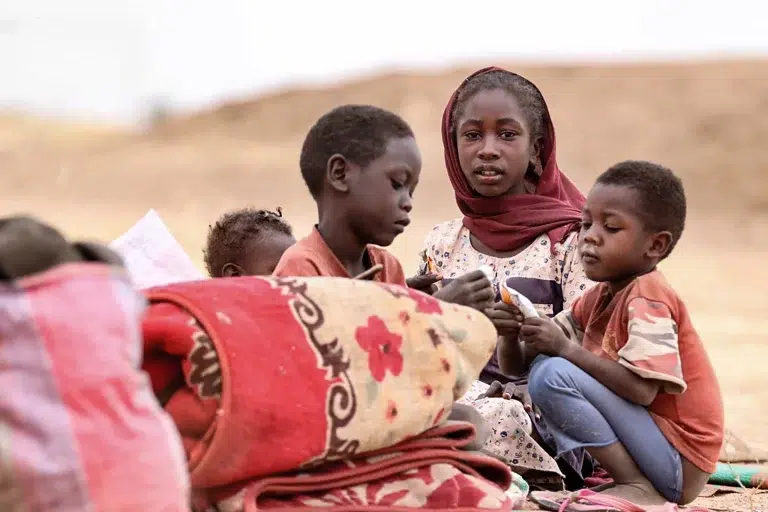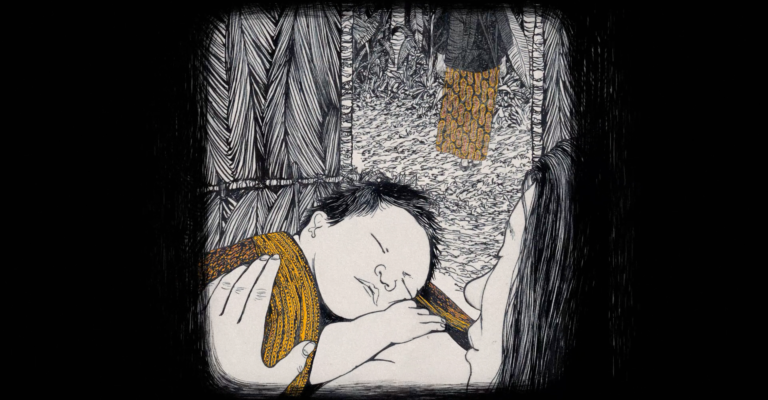See more on WE ARE THE SOLUTION
“The success of ALIMA’s work is based on reinforcing the African humanitarian and medical community to which the NGO contributes”, says Dr. Moumouni Kinda, Chief Executive Officer of ALIMA. “We strengthen the skills of local doctors and health workers and develop research projects in the countries where we work to constantly improve our ability to respond to the humanitarian crises that affect the continent.” The film “We are the solution” tells the story of a young African who becomes a doctor to save lives.
“Every day, the ALIMA teams treat and save lives ”, says Lossapardo, painter, singer and musician. “Behind each doctor, caregiver, researcher, there is a story. We wanted to tell one of these stories with poetry, and illustrate the realities of medical emergencies in Africa, where becoming a doctor, in addition to being a vocation, is also a solution. I hope that this work will touch people and help raise awareness of the wonderful work that ALIMA does in the field.”
Breathing life into the local African humanitarian medical fabric to save lives
With this new campaign, ALIMA wants to demonstrate the uniqueness of its work for the past 12 years: breathing life into the local African humanitarian fabric to care for the most vulnerable, in emergency situations and health crises. ALIMA ensures the sustainability of its actions by strengthening the skills of local communities and health workers. ALIMA has also succeeded in transforming humanitarian medicine through innovation and research projects that significantly improve the medical care of communities affected by humanitarian crises in its countries of intervention.
“Fabric” as a common thread in a poetic and moving film
Calling upon the artistic talent of Lossapardo, a painter, ALIMA presents the moving story of a future African caregiver. Having lost his mother due to the lack of access to health care, the child decides to commit himself to saving the lives of others by becoming a doctor. A vocation embodied by a piece of cloth that appears to him at the death of his mother and which is transformed, over the course of the story, into a doctor’s coat.
We are the solution: an international and multi-channel awareness campaign
Because a large proportion of public donor funding is devoted to the fight against armed conflicts and COVID-19, humanitarian needs are far from being fully met, despite the unwavering investment of humanitarians on the ground.
Fortified by its first fundraising campaign – which began in 2017 and ended with a major donors’ event last December, raising €10 million – ALIMA seeks to raise general public awareness about the major issues facing the NGO in Africa through this new multi-channel awareness campaign with an expanded media plan including TV/flight, press, billboards, radio, as well as digital amplification on social networks. In parallel, ALIMA also announces the launch of a new fundraising campaign in 2022 to raise 25 million euros by 2025 to continue saving lives on the African continent.
ALIMA media contacts
Sébastien Rouichi-Gallot, 06 64 51 25 56, sebastien@wearecitizens.eu
Marion Rajaonah, 06 74 26 56 43, marion@wearecitizens.eu
Nicolas Demeure, 06 71 87 91 84, nicolas@wearecitizens.eu
About ALIMA – The Alliance for International Medical Action
ALIMA (The Alliance for International Medical Action) is a medical humanitarian NGO established in 2009 to provide quality health care to the most vulnerable people in high-mortality areas during emergencies and crises. ALIMA relies on an operational model based on partnerships with national humanitarian actors and local communities, and has established itself as a key player in the medical humanitarian field in Africa. ALIMA’s ambition is to revolutionize emergency medical aid and transform humanitarian medicine, by conducting research and fostering innovation to strengthen the impact of humanitarian actions. In 12 years, ALIMA has treated more than seven million patients in 14 countries, and launched more than 30 research projects, with a focus on malnutrition, malaria, the Ebola Virus Disease, COVID-19 and Lassa fever.






